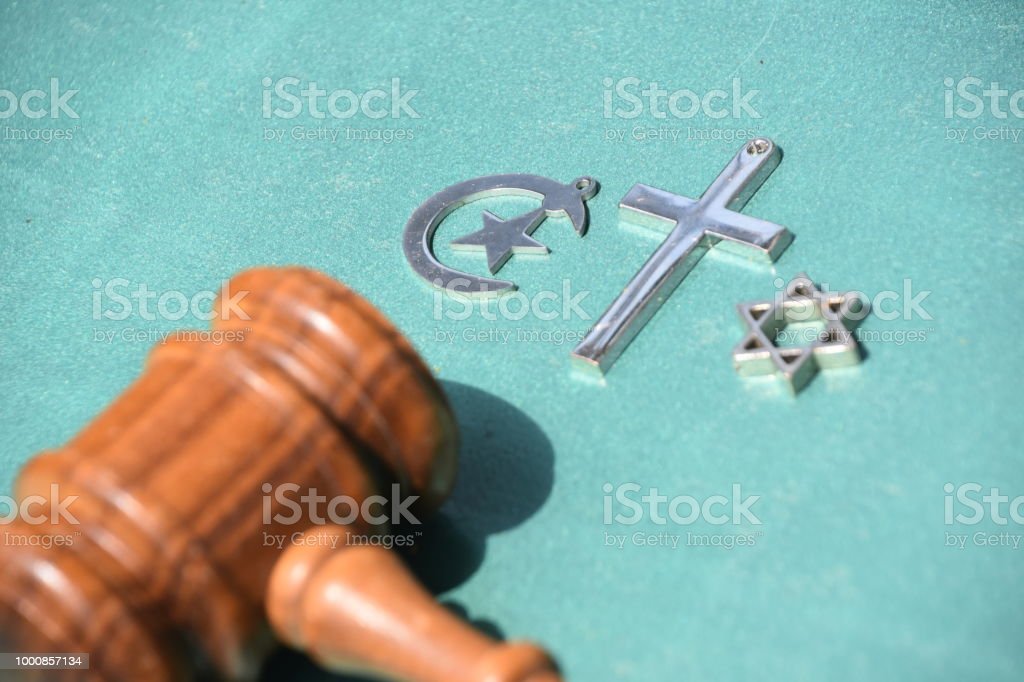- 22 February 2023
- 62
Inside Look: How The Controversial Israeli Court System Actually Works

The Israeli court system has been the subject of much debate and controversy, especially in the wake of recent events. But what does this court system actually look like? How does it work? And how can people navigate it? This blog post will provide an inside look at the Israeli court system—how it works, who are involved, and how people can make use of it. From procedural rules to evidence gathering and more, this article will provide a comprehensive guide to understanding the Israeli legal system.
What is the Israeli Court System?
The Israeli court system is a controversial topic. There are many different opinions on how it works and whether or not it is fair. However, there is no denying that the court system is an important part of the country’s legal system.
The Israeli court system is based on the British system. It consists of three levels: the Magistrate Courts, the District Courts, and the Supreme Court. The Magistrate Courts are the lowest level and deal with Petty Offense cases. The District Courts are the middle level and handle Misdemeanor cases as well as some civil cases. The Supreme Court is the highest level and deals with serious criminal cases, appeals from lower courts, and constitutional questions.
There are two types of courts in Israel: religious courts and secular courts. The religious courts are run by different religious communities and deal with personal status issues such as marriage, divorce, and inheritance. The secular courts are run by the state and deal with all other matters.
The Israeli court system has been criticized for being slow and inefficient. However, there have been recent reforms that have made it more efficient. For example, there is now a faster appeals process and more judges have been appointed to hear cases. In addition, new technologies have been introduced to help speed up the process even further.
The Pros and Cons of the Israeli Court System
The Israeli court system is a controversial one, with many people arguing both for and against it. Here are some of the pros and cons of the system:
PROS:
-The Israeli court system is known for being fair and impartial.
-The courts are open to the public, which allows for greater transparency.
-There is a high level of accountability within the court system. judges are required to give Reasons for their decisions, which can be appealed if necessary.
CONS:
How does the Israeli Court System Work?
The Israeli court system is based on the British legal system and consists of three main tiers: the Magistrate Courts, the District Courts, and the Supreme Court. There are also military courts, which have jurisdiction over cases involving soldiers, and religious courts, which have jurisdiction over personal status matters such as marriage and divorce for Jews, Muslims, and Christians.
Magistrate Courts are the lowest level of court in Israel and handle criminal cases punishable by up to three years in prison, as well as civil disputes involving up to 100,000 shekels (approximately $28,000). District Courts are the next level up and handle criminal cases punishable by up to ten years in prison, as well as appeals from Magistrate Court decisions. The Supreme Court is the highest court in Israel and has two main functions: to serve as a court of appeal for both criminal and civil cases from the lower courts, and to act as a constitutional court with the power to strike down laws passed by the Knesset (Israeli parliament) if they are deemed to be unconstitutional.
The Israeli court system has been criticized by human rights groups for its heavy reliance on military courts, which lack many of the due process protections afforded to defendants in civilian courts. In addition, there have been allegations of bias against Palestinians in both the military and civilian courts. However, it should be noted that Palestinians living in areas controlled by the Palestinian Authority are subject to that authority’s own judicial system and are not tried in Israeli courts
Some Notable Cases from the Israeli Court System
There are many controversial cases that have come out of the Israeli court system. Here are some notable ones:
The case of Elor Azaria, an Israeli soldier who was caught on camera shooting and killing a wounded Palestinian man, led to widespread protests and calls for reform.
The case of Ahed Tamimi, a Palestinian teenager who was sentenced to eight months in prison for slapping an Israeli soldier, also sparked outrage and debate.
The trial of former prime minister Ehud Olmert, who was convicted of bribery and corruption charges, also made headlines.
These are just some of the most notable cases from the Israeli court system. There are many other controversial cases that have not been mentioned here.
Conclusion
The Israeli court system has been a topic of much debate and has generated many questions. We hope that this article was able to shed some light on how the controversial judicial branch works in Israel and help readers understand the complexities of their legal system. From understanding the difference between civil and criminal law, to recognizing special courts, it’s important to recognize that each country operates differently when it comes to laws and regulations. Despite its flaws, the Israeli court system is a fascinating look into what makes up today’s legal landscape.

